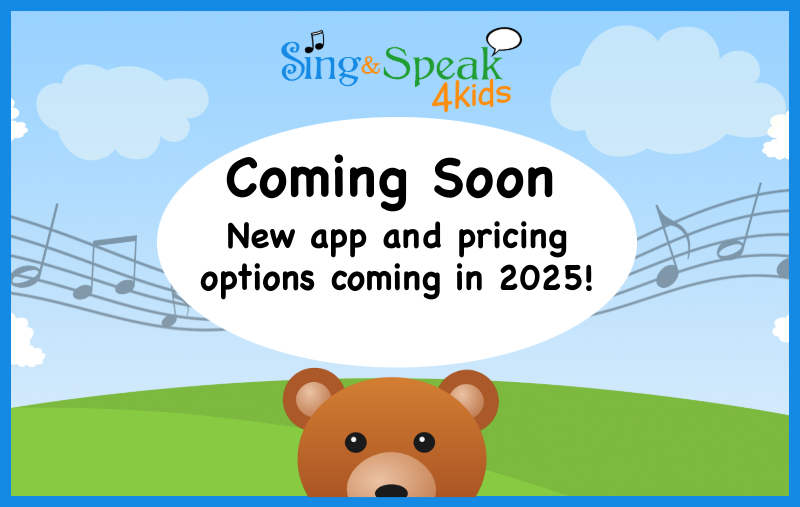More research is being done every day on the positive effect that music has on children’s neurological development. Some findings in recent years show powerful connections between music and language in addition to overall cognitive function.
According to Molly McElroy, infant play sessions that include a musical component are associated with cognitive gains. Research from the University of Washington shows rhythmic patterns have an impact on the auditory cortex and prefrontal cortex–areas of the brain associated with controlling focus and pattern recognition.
Scienceblogs.com says another study suggests a link between music and one of the earliest and most difficult tasks of language development, finding the boundaries between words. In everyday speech, there are no pauses between each word. This means infants must find patterns to recognize which syllables go together. The extra context in musical phrases makes them more efficient at recognizing words.
Even school-aged children can see continued neurological benefits from musical instruction! A group of 6 and 7 year olds in Los Angeles were given musical training through a youth orchestra program; their counterparts received either no extracurricular activity or a non-musical activity like sports. The University of Southern California’s research, measuring electrical activity in the brain, shows that the budding musicians’ auditory systems developed faster than either of the other groups.These gains improve not only musical ability but critical language and communication skills as well.



